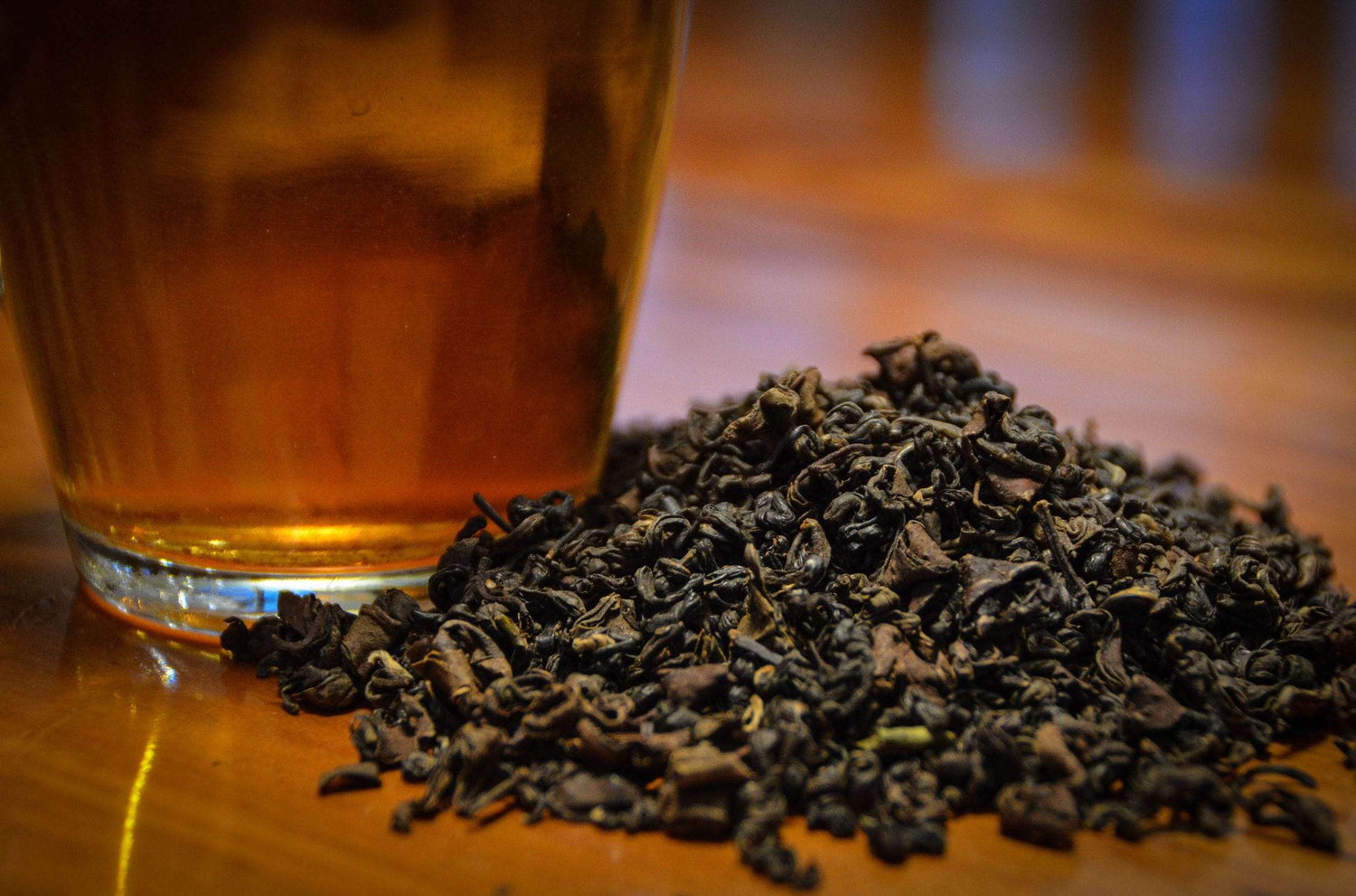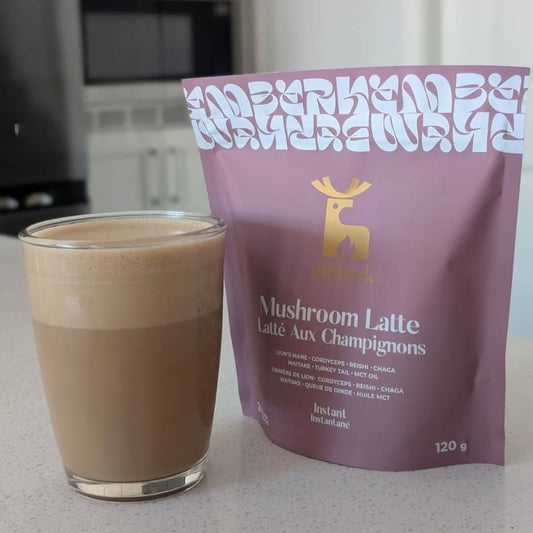The History of Oolong Tea

Oolong tea is a partially fermented tea that is made from the leaves of the Camellia sinensis plant. It is known for its unique flavor, which is somewhere between black tea and green tea, and its beautiful, curled leaves. The history of Oolong tea originated in China during the Ming Dynasty, and it was originally made only for the Emperor and his court. Today, it is produced in many countries around the world and is enjoyed for its flavor and potential health benefits.

What is the history of Oolong tea?
Oolong loose leaftea has a long and interesting history. It is believed to have originated in China during the Ming Dynasty (1368-1644), and it was originally known as “black dragon tea.” The name “oolong” comes from the Chinese words “wu long,” which means “black dragon.”
Oolong tea was first produced in the Fujian province of China, and it was initially made only for the Emperor and his court. Oolong tea was highly prized for its delicate flavour and beautiful appearance, and it became an important part of Chinese tea culture. In the 19th century, oolong tea was introduced to Taiwan, where it was cultivated on a larger scale. Today, oolong tea is produced in many countries around the world, including China, Taiwan, India, and Japan. It is enjoyed for its unique flavour and aroma, as well as its potential health benefits.

What makes Oolong tea unique?
Oolong tea is a type of tea that is made from the leaves of the Camellia sinensis plant, just like black, green, and white teas. Oolong tea is unique because it is partially fermented, which gives it a flavor that is somewhere between black tea and green tea. The flavor of oolong tea can be complex and varied, with notes of fruit, flowers, and herbs. Oolong tea is also known for its beautiful, curled leaves and its amber-colored liquor. In addition to its unique flavor and appearance, oolong tea is also believed to have numerous health benefits, such as aiding in weight loss, improving mental alertness, and reducing the risk of heart disease.
Does Oolong tea offer any health benefits?
There is some evidence to suggest that oolong tea may offer a number of health benefits. Some of the potential benefits of oolong tea include:
- Weight loss: Some studies have suggested that oolong tea may help to boost metabolism and increase fat oxidation, which could lead to weight loss.
- Improved mental alertness: The caffeine and theanine found in oolong tea may help to improve mental alertness and focus.
- Reduced risk of heart disease: Oolong tea is rich in antioxidants, which may help to reduce the risk of heart disease by lowering cholesterol levels and reducing inflammation.
- Stronger bones: Oolong tea is a good source of bone-building minerals like fluorine, which may help to improve bone density and reduce the risk of osteoporosis.
- Improved dental health: Oolong tea contains compounds that may help to kill bacteria and inhibit the growth of plaque, which could improve dental health.

It’s important to note that more research is needed to fully understand the health benefits of oolong tea, and it’s not a substitute for a healthy diet and lifestyle. As with any dietary supplement, it’s important to speak with a healthcare provider before adding oolong tea to your diet.
Idle Tea Oolong Orange Cream
If you have not tried our Idle Tea offering, this is one we definitely recommend. The aroma alone will have you coming back for more.
Flavor Profile: Clean orange citrus notes with a creamy finish.
Ingredients: Oolong tea, natural flavor, orange peel, safflower
Oolong is a traditional semi-oxidized Chinese tea produced through a process including withering the plant under strong sun and oxidation before curling and twisting. Most oolong teas, especially those of fine quality, involve unique tea plant cultivars that are exclusively used for particular varieties.




